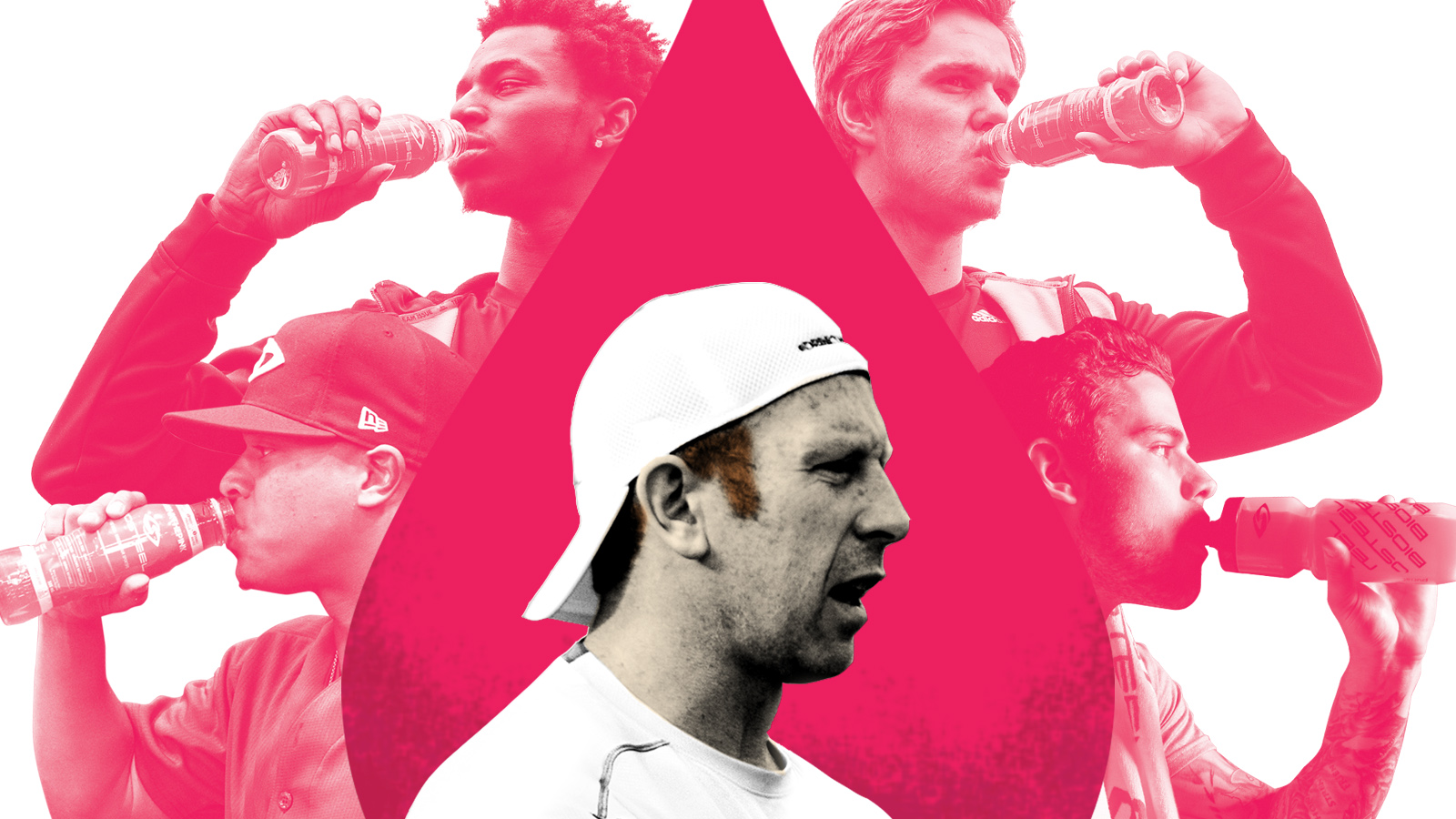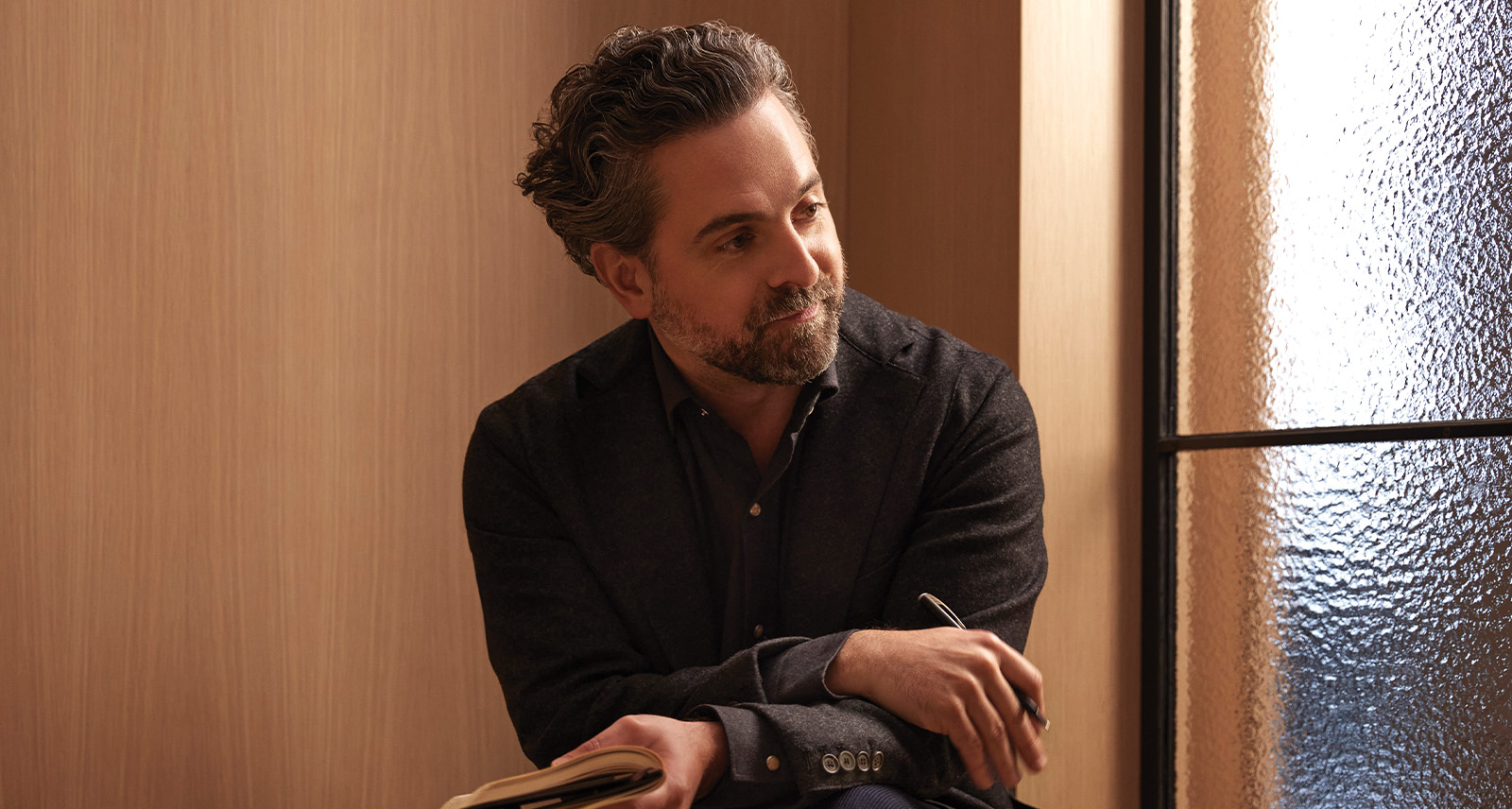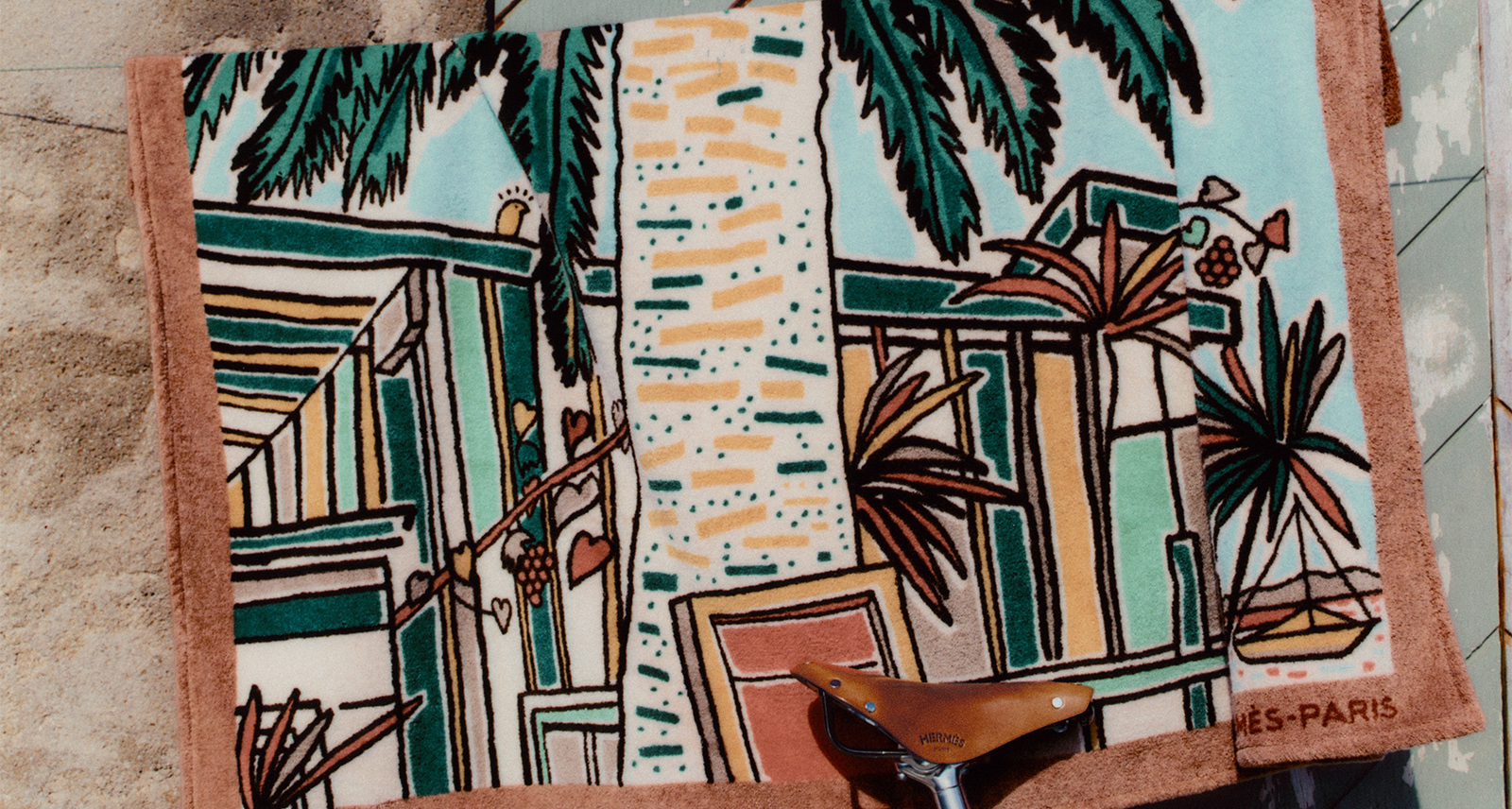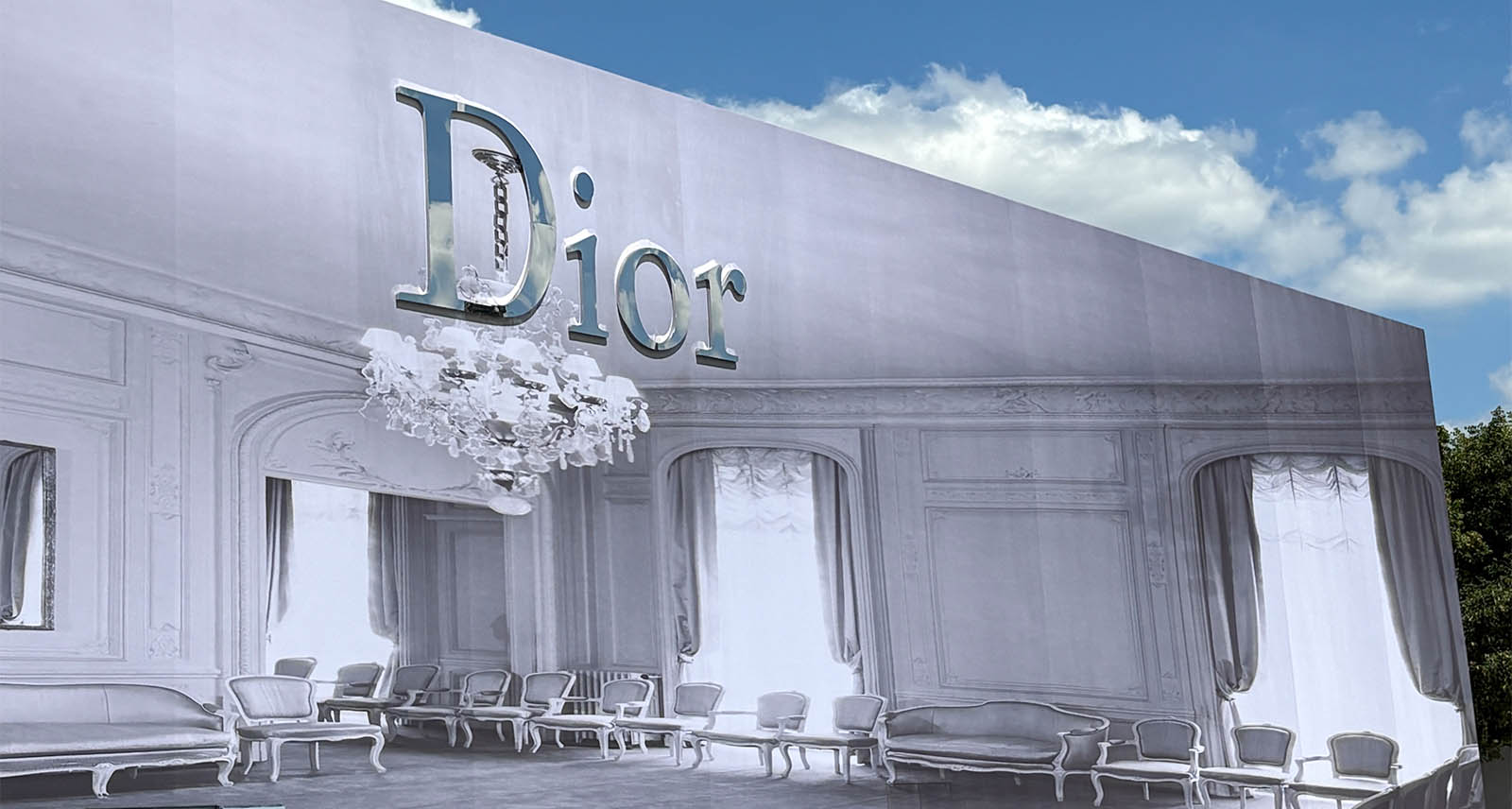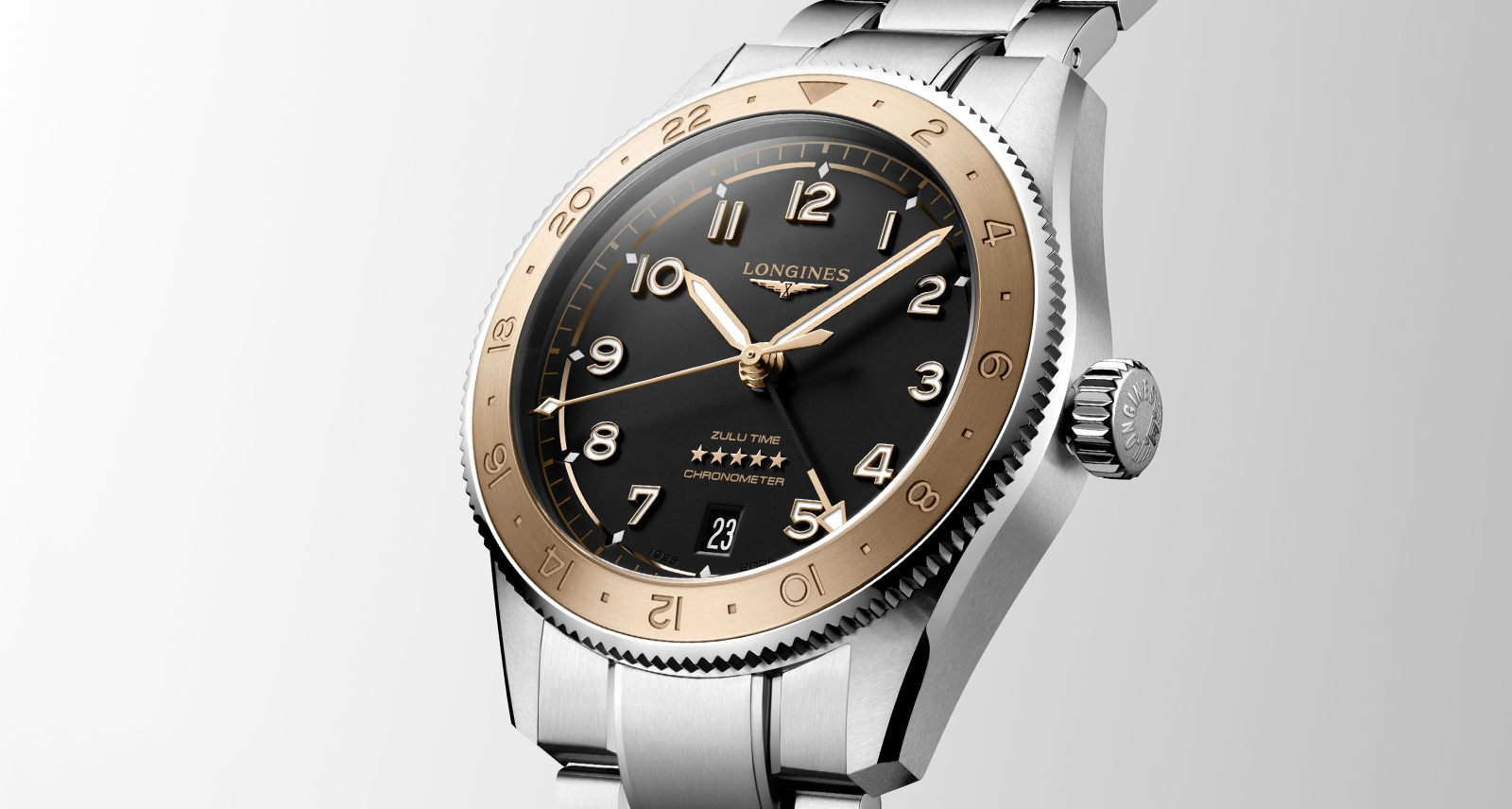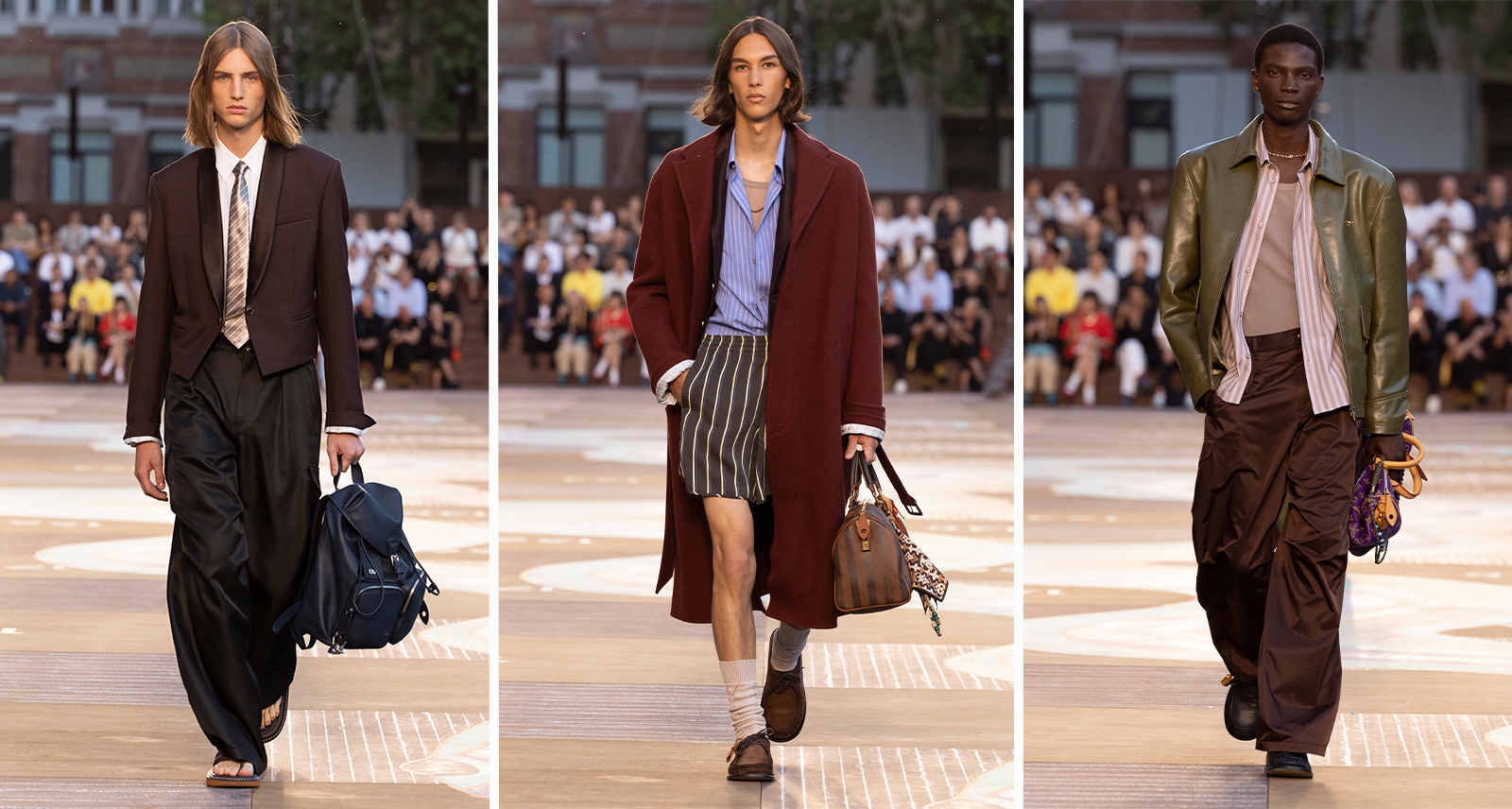Can This Canadian Startup Become the Next Gatorade?
In early February, the Toronto Raptors held an unusual press conference in an unusual building on a desolate stretch of Lake Shore Boulevard, just west of the CNE grounds, around where the highway opens up on its way straight out of town. John Tory, the mayor of Toronto, was there, along with Raptors general manager Masai Ujiri, the Raptors Dance Pack, and a phalanx of sports and non-sports media. And, of course, the day’s guest of honour: Matt Nichol, whose company had shelled out undisclosed millions to have its name emblazoned on the side of the building. The BioSteel Centre is the Raptors’ new, 68,000-square-foot training headquarters. The complex is the first of its kind in the NBA, boasting multiple practice courts, weight-training facilities, water therapy rooms, and a state-of-the-art analytics-based strategy room.
For die-hard basketball fans, the question was this: could a facility like the BioSteel Centre be the secret weapon that would fundamentally improve the Raptors’ strength and conditioning program, enough to translate into actual on-court wins? For the mayor and other civic officials, the question was broader: would a building like this, built on city-owned land with a section permanently open to the public, help build the next generation of Toronto athletes? But for everyone else, the question — which crosses your mind as you drive along Lake Shore Boulevard or high up on the Gardener Expressway, looking over at the building’s massive branding — is obvious: what the hell is BioSteel?
The first two questions will be answered in time. But BioSteel? You can learn about that right now.
•••
MATT NICHOL is 40 years old and built like a former athlete, all massive limbs and low centre of gravity. He first developed BioSteel 14 years ago, when he was the strength and conditioning coach for the Toronto Maple Leafs (which is owned, along with the Raptors, by Maple Leaf Sports & Entertainment). There, he helped mold his players’ bodies into well-oiled machines, working with stars like Mats Sundin, Bryan McCabe, and Gary Roberts to help them skate faster, take longer shifts, endure more hits. His job was to work with players in their office hours, building them up in the weight room, screening them for potential injuries, and, crucially, monitoring everything they consumed, from pre-game meals to post-shift squirts of Powerade.
By all accounts, Nichol, a former personal trainer, was one of the best conditioning coaches in the league. He was well-respected and well-liked, revered for his encyclopedic knowledge of biochemistry, kinesiology, and the general patterns and functioning of the human body. And he truly cared about his players — was always looking to improve their health and well-being. Professional athletes aren’t like ordinary people. They expend vast amounts of energy in short bursts, which means they also need to take in huge amounts of energy to compensate, both before and after the game. While Gatorade and its competitors often market their products as simple thirst quenchers, they’re actually far more scientific — quick injections of electrolytes and calories to help athletes get back to baseline. Of course, on most pro sports teams, trainers like Nichol are skeptical of mass-produced products, which contain all kinds of sugars and artificial ingredients, so it’s not uncommon to see them mixing up their own supplements, adding protein and ingredients to help athletes perform at optimum levels.
As he saw athletes dumping highly refined sugars, artificial sweeteners, artificial colours, and highly caffeinated beverages into their bodies, [Nichol] thought, “This is a terrible cocktail. There has to be a better way.”
Which is how Nichol arrived at his million-dollar, future branded-building, idea. His first foray into what would become BioSteel came in the 2003 season, as the NHL prepared for an impending labour stoppage (which in fact wiped out the entire 2004-2005 season). As the players and the league negotiated, Nichol learned that one of the items at issue was the installation of a league-wide drug-testing policy. Whatever he gave his players — food, energy supplements, drinks — would all have to be capable of passing any tests the league might implement. As a result, Nichol contacted the manufacturers of each of the external supplements he was currently providing to the Leafs, seeking documentation that would confirm their compliance with drug-testing standards — something that sounds like a given but, in a sports culture rocked by recent doping scandals in baseball, cycling, and the Olympics, far from it. Though Nichol figured it should be an easy formality, none of the manufacturers could or would provide him with the necessary information. As he saw athletes dumping highly refined sugars, artificial sweeteners, artificial colours and flavours, and highly caffeinated beverages into their bodies, he thought, “This is a terrible cocktail. There has to be a better way.”
What followed was extensive research — including blood analysis, salivary analysis, blood lactate levels, heart rates, and recovery rates — to determine what the true energy requirements of athletes were, and whether it was really necessary to be consuming all those sugars and artificial ingredients. The probably-obvious answer: probably not.
•••
IN 2009, Nichol’s world crashed like the brutal after-effects of a caffeine high. The Maple Leafs organization was changing. Brian Burke had just started his tenure as president and general manager, and set about replacing the entire coaching staff.
“It was the best thing ever,” said Nichol, in hindsight. “It gave me an opportunity to impart those same philosophies and work with the athletes that really want to train with me privately.”
Nichol says he gets screenshots of players using bottles from well-established competitors, but when looking closely, it’s the unmistakable pink liquid of BioSteel coming out of the bottle.
Nichol spent the first few months of unemployment in the gym, training players on a one-on-one basis. Now that he wasn’t directly associated with any one organization, he was able to share his special supplement drink — unique in the market for being all natural and caffeine-free — with clients he couldn’t before. Montreal Canadiens left winger Mike Cammalleri was one of the first. He asked for a supply of the fruity-ish cocktail to last him the entire season, for use after games and workouts. Cammalleri offered to pay up front, then offered to multiply that order by 25 so that he could supply all his teammates.
But Nichol didn’t have much left, his supply was limited, and he didn’t think even that amount would be a large enough order to take to a manufacturer and make it worth their time.
“Matty’s not a guy who does things motivated for business or profit,” says Cammalleri. “He’s completely brilliant and of the highest standards of integrity and he was making all these amazing products just for people he could help. For me it was a product I could use and trust, and I thought there was a need for that in the marketplace.”
After persistent entreaties from Cammalleri and some of his NHL peers, Nichol began to realize what he had on his hands. So he paused his work in the gym, joined up with businessman John Celenza, and started scaling up. Now, about six years into the business, things are taking off beyond the shockingly intense world of professional sports. BioSteel is distributed through large retailers across Canada — “I never would have imagined that I’d go into PetroCanada to pay for my gas and see a bottle of BioSteel sitting in the cooler. That blows my mind,” he says. It’s taking on sports drink giants like Gatorade — which boasts more than a billion dollars in annual sales — one game at a time.
Tyler Seguin, Connor McDavid, Taylor Hall, Mike Cammalleri, Andrew Wiggins, and Marcus Stroman are just a few of the high-profile athletes who use and support BioSteel. Nichol laughs and says he will often get screenshots sent to him of players using bottles from well-established competitors, but when looking closely, it’s the unmistakable pink liquid of BioSteel coming out of the bottle.
“It just speaks to the authenticity of it. BioSteel guys are BioSteel guys,” said Cammalleri. “They’re not guys who were recruited by big dollars, they’re guys who drink the product religiously, who truly feel a benefit and believe in the product. It’s tough to stop that momentum when professional sports teams are cutting cheques because they believe it actually gives their athletes a competitive advantage. That’s as ‘organic growth’ as it gets.”
•••
THESE DAYS, you’ll find Nichol most often in a modest one-room gym in North Toronto — a gym many, many times smaller than the workout complex that bears his company’s name, which, of course, isn’t his to use — sweating under the din of classic rock and fluorescent lights. Despite the success of BioSteel, Nichol hasn’t given up personal training. If you ask him, it’s still the core part of his business. It’s who he is.
“I love it, it’s my passion,” he says. “They’re probably going to bury me inside this little room here. It’s what I do. I can’t imagine doing anything else.”
Each summer at the end of August, Nichol hosts BioSteel #Camp, a week-long primer that attracts top NHLers as they ramp up their fitness programs just before splintering off to their teams across North America. It involves in-gym fitness sessions, outdoor endurance training, and an on-ice session each day, before culminating in the BioSteel Cup, a one-day tournament that’s “more competitive than you might think it should be.” Fans fill the arena on Thursday morning to watch the games and TSN.ca streams them live on the web. It’s where relationships are built and loyalty is developed. Nichol manages to strike the perfect atmosphere every year: a relaxed, welcoming environment, one that includes serious hard work and some lighthearted fun. It’s not an easy balance to find, but it’s at the core of Matt Nichol. And Matt Nichol is, still, the core of BioSteel.
“BioSteel is a reflection of Matt Nichol as a person,” says Steve Staios, one of the first NHL players who Nichol trained. “It’s happened organically because that’s how Matt works. It’s not about flash and flair; it’s all about building trust. Matt’s a good man. Once you build that trust, there’s not a marketing tool that can enhance what he’s been able to do through just the type of person he is.”
